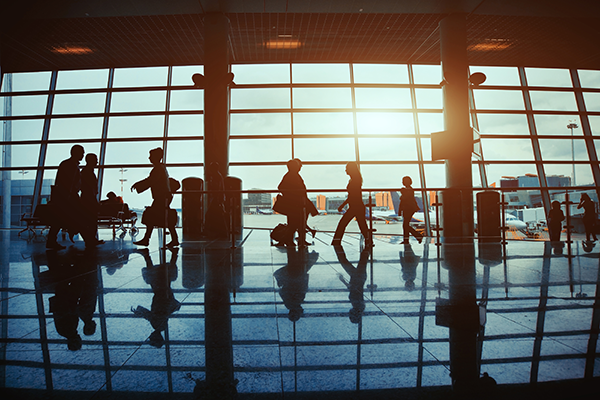For the first time, the Court of Justice of the European Union (CJEU) has decided that businesses can demand compensation if a flight, that one of their employees has had to take for professional reasons, is delayed with significant consequences.
This was the verdict of the CJEU following the preliminary ruling submitted by the European Court of Justice after the Special Investigation Service of Lithuania filed a claim for a delay of 14 hours that two of their employees suffered on an Air Baltic flight from Lithuania to Azerbaijan. The delays caused the company to have to spend an extra 338 Euros to extend the stay of their two employees abroad.

The European Court of Justice ruled that the airline company had infringed article 19 of the Montreal Convention, according to which “the carrier is liable for damages to passengers caused by a delay in transportation, baggage or cargo”.
According to the ruling, this article “was to be interpreted as meaning that its scope of application understands not only damage suffered by a passenger, but also cases in which the aggrieved party is an employer, who has contracted an air carrier for the carriage of an employee flying as a passenger”. The judgement continues by saying, “an air carrier, that has concluded a contract of carriage with an employer of persons carried as passengers, is liable to that employer for any damages caused by a delay in the carriage by air of those employees by way of the contract indicated and derived from the additional expenses suffered”.
In turn, the sentence has created a precedent as companies and organisations could enter in legal proceedings in order to claim compensation if they consider it worthwhile. This implies that the air carriers would have to deal with double compensation as they would have to compensate not only the travellers for any losses, but also the organizations that have paid for the tickets. The effects on the corporate travel sector could be very significant since it is estimated that annual investment from this sector in airline travel reaches more than €5,000 million in Spain.
According to declarations from GEBTA, it has still not been determined how this type of compensation will be processed, who will be undertake it and what role travel agencies would have, etc.



